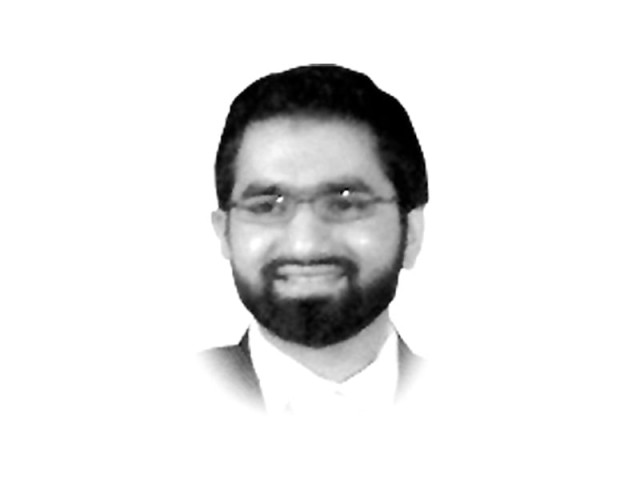Extraordinary Pakistanis
Saad’s decisions in those fateful days could alter very fabric and future of one of Pakistan’s leading universities.

Saad’s remarkable journey started in 2007, when emergency rule was imposed in Pakistan and he was thrust in the spotlight as the president of the Student Council at LUMS. A significant portion of the student community wanted to come out and protest but LUMS had no culture or history of mass political student mobilisation — precisely the reason countless parents had trusted the institution with grooming their children in the first place. Saad’s decisions in those fateful days could alter the very fabric and future of one of Pakistan’s leading universities. “My closest friends kept telling me this wasn’t my problem,” Saad recalls. “When I argued with them by saying I had the responsibility to lead and mobilise protests as the president of the Student Council, they advised me to resign and let someone else lead. ‘Police kai danday sai hi bat samajh aai gi tumhai’ they used to say.”
As the student protests swelled, the police registered an FIR against Saad and some of his friends stopped talking to him. His name started appearing in the newspapers and family members would call to blast him on the phone, arguing that ‘tum nai family ki naak katwa di.’ “This was a traumatic time for me personally even though I couldn’t show it publicly as I mobilised students on campus,” Saad remembers. Eventually, the then president Pervez Musharraf pardoned Saad and life began to return to normalcy, with a more powerful and effective Student Council than ever before as student agitation continued. When I ask Saad if he has any regrets, he says no, but then quickly changes his answer to add that he did have one moment of regret. “When I would talk to my parents and hear how worried they were, that’s when I would have second thoughts about what I was doing.”
At the end of LUMS, Saad was told to apply for the Acumen Global Fellows Programme but when he saw the profile of candidates that made it, he got intimidated. After a few years of working a ‘normal job to support his family’, Saad finally gathered the courage to apply for the fellowship and cleared the rigorous screening process. As part of his fellowship, Saad will now spend nearly a year in Tanzania where he will work with an organisation that generates electricity from rice husks in rural areas and then possibly bring this model back to Pakistan after his fellowship. In parallel, Saad is also working with a theatre group to try to secure funding for a movie on the impact of terrorism on education in Pakistan.
“If I didn’t have to support my family, I’d go into politics tonight and help solve Pakistan’s problems,” Saad shares. “But my family doesn’t have any political network or funding. So I try to make an impact wherever I can. I deprioritised marriage because it would take my energy away from making a difference. My family and friends think it’s an excuse and I’m just covering up some affair with a girl but I don’t know how to explain my goals to them.”
The purpose of this article is to find and share inspirational stories about everyday Pakistani heroes (if you know someone who should be profiled, send me a Tweet @Mbilallakhani). If we don’t share these stories about Pakistan, no one else will.
Published in The Express Tribune, July 3rd, 2014.
Like Opinion & Editorial on Facebook, follow @ETOpEd on Twitter to receive all updates on all our daily pieces.















COMMENTS
Comments are moderated and generally will be posted if they are on-topic and not abusive.
For more information, please see our Comments FAQ